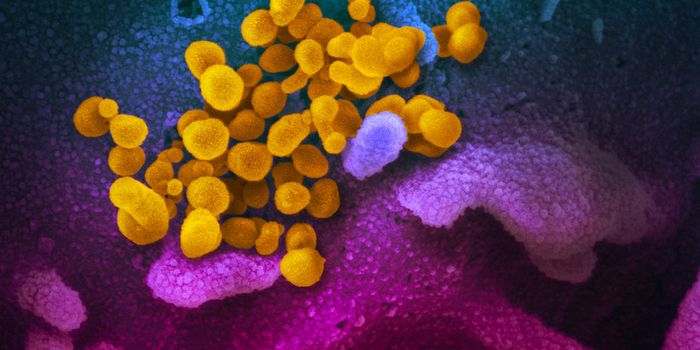The Right Cocktail of Gut Microbes may Prevent or Reverse Food Allergies
The Centers for Disease Control and Prevention considers food allergies to be a public health concern, and their rates are rising. The only way for a person with a food allergy to prevent a reaction is by not ingesting the offending food. That can be difficult for people with allergies to very common foods or really severe allergies, however, and sometimes, people don’t even know they have an allergy. Allergic reactions can be severe enough to cause death. Scientists have now discovered that one type of bacteria that lives in the infant gastrointestinal tract can prevent the development of food allergies. The research, which showed that when the human gut is exposed to a group of five or six bacterial species it can reverse established allergies, has been reported in Nature Medicine.
"This represents a sea change in our approach to therapeutics for food allergies," said the co-senior study author Lynn Bry, MD, PhD, director of the Massachusetts Host-Microbiome Center at Brigham and Women’s Hospital. "We've identified the microbes that are associated with protection and ones that are associated with food allergies in patients. If we administer defined consortia representing the protective microbes as a therapeutic, not only can we prevent food allergies from happening, but we can reverse existing food allergies in preclinical models. With these microbes, we are resetting the immune system."
The gut plays host to huge numbers of microbes that have been shown to play a signifiant role in the health and well-being of their host. Imbalances in this gut microbiome is increasingly being connected to a variety of diseases. It is also closely connected to immune system function.
In this work, the researchers used animal models and samples from infant participants to figure out which of the many gut microbes were related to food allergies. Every few months, they took fecal samples from 56 infants that had gotten food allergies, and assessed their gut microbes along with samples from 98 infants that did not get a food allergy.
The researchers also transplanted gut microbes from these infants into egg-sensitized mice. Mice exposed to microbes from infants without allergies were less likely to develop an egg allergy than mice that received microbes from infants with a food allergy.
The scientists identified microbes that had the potential to protect against food allergies, and created two bacterial cocktails that contained five or six strains of human gut bacteria from either the Clostridiales or the Bacteroidetes family. Food allergies in a mouse model were effectively suppressed, and they did not develop an egg allergy. When the mice were exposed to other types of bacteria, there was no protection against an egg allergy.
Learn more about how the microbiome is connected to food allergies from the video.
"It's very complicated to look at all of the microbes in the gut and make sense of what they may be doing in food allergy, but by using computational approaches, we were able to narrow in on a specific group of microbes that are associated with a protective effect," said co-first study author Georg Gerber, MD, PhD, MPH, chief of the Division of Computational Pathology in the Department of Pathology at the Brigham. "Being able to drill down from hundreds of microbial species to just five or six or so has implications for therapeutics and, from a basic science perspective, means that we can start to figure out how these specific bacteria are conferring protection."
The scientists wanted to know more about how the bacteria was having this effect. They determined that the bacteria can stimulate a type of immune cell called regulatory T cells, which help control the immune system. The bacteria can help promote a tolerant response rather than an allergic one. This was true in the mouse and the infant.
Instead of trying to diminish an allergy by slowing administering small amounts of the offending food over time, a bacteriotherapeutic approach can change the immune system without using an allergen. It may help reverse food allergies broadly rather than stopping each one individually.
The authors are now entering into a variety of ventures that are exploring the development of therapeutics and trials based on this work.
Sources: Science Daily via Brigham and Women’s Hospital, Nature Medicine









